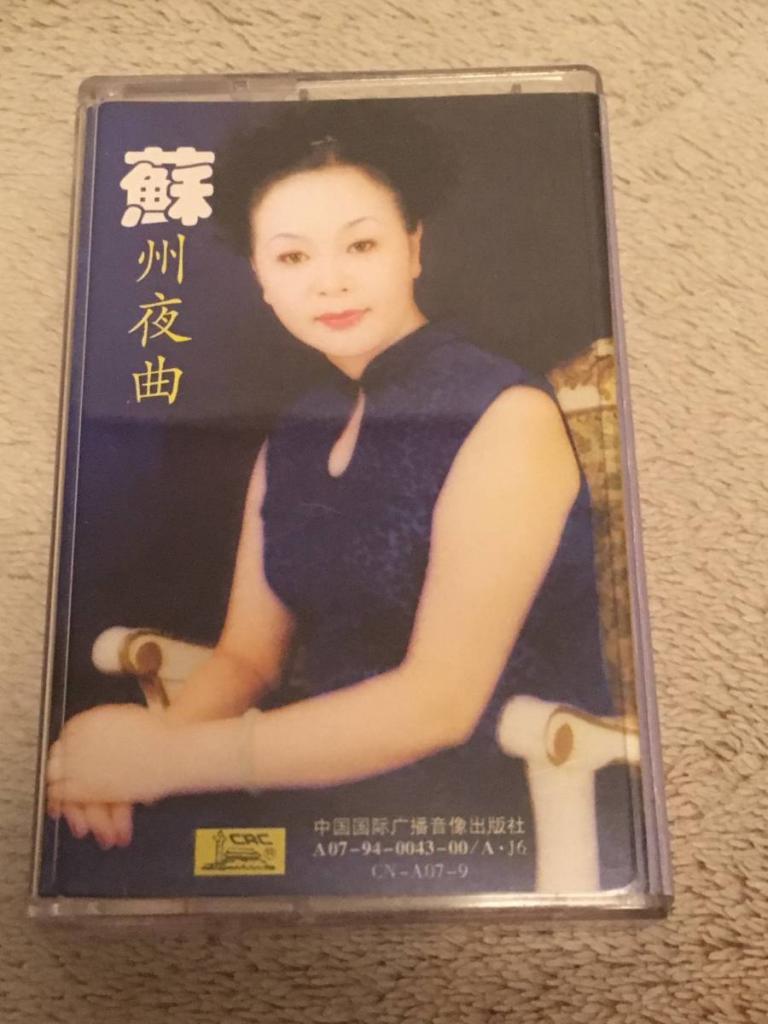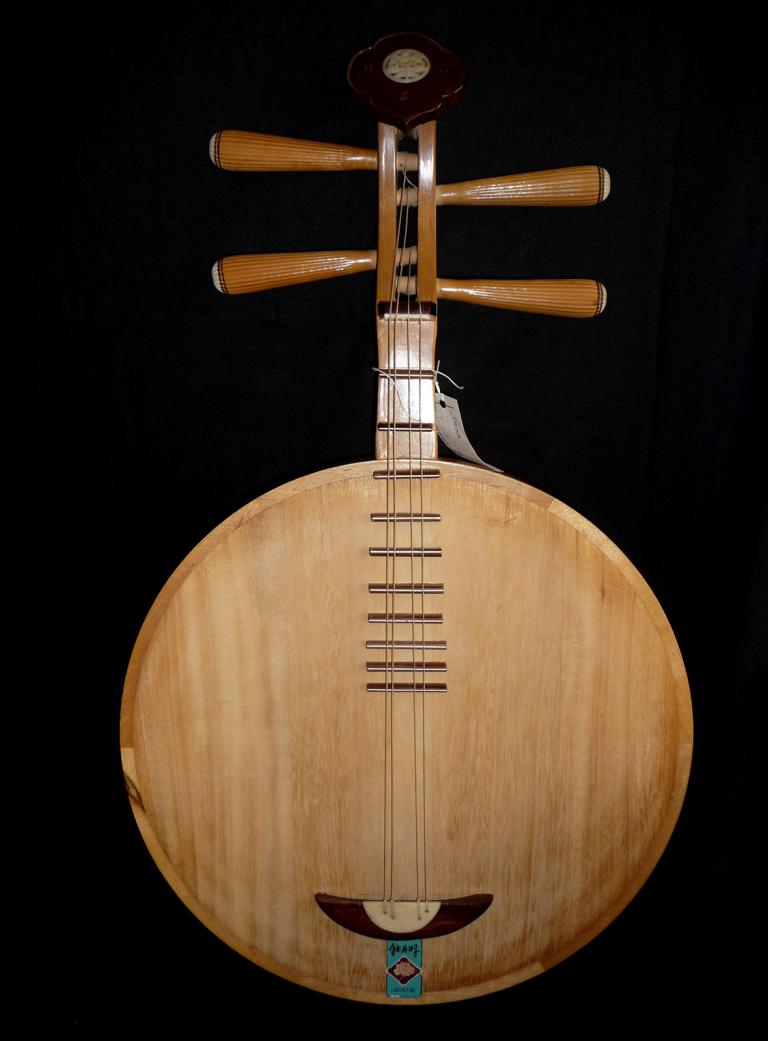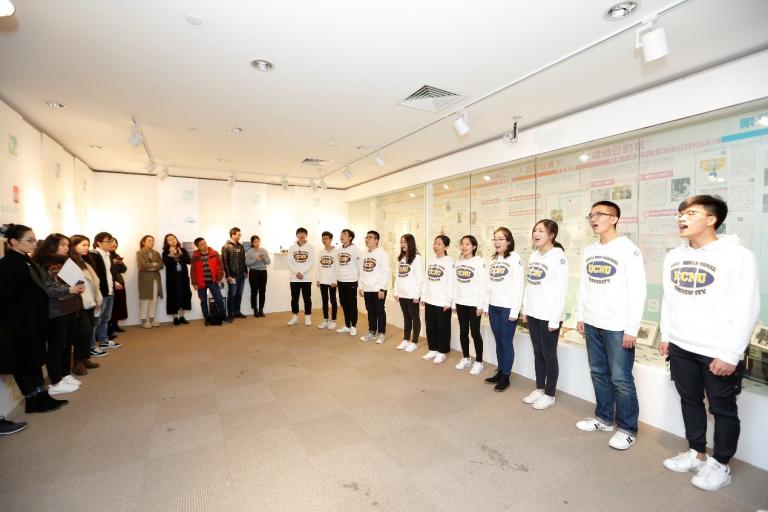Music Comes from the Mind
3 min readMusic is an ancient form of art. Nearly every culture has its unique music system.Authentication is impossible without comparison. Perhaps we can see the features of Chinese music more clearly through comparison between Chinese music and Westernmusic. Generally speaking, the main differences between Chinese music and Western music can be summarized as follows.

First, in terms of means of expression, Western music gives emphasis to organization of musical sound, while Chinese music gives emphasis to change inmusical sound. Whether harmony exists is one of the most important differences between Chinese music and Western music. Western music forms crisscrossed, dense and thick texture with its highly developed harmony skill, while Chinese music abandons harmony, forming graceful single-line melody through horizontal extension of time.
Second, in terms of inner spirit, Western music gives emphasis to entertainment of others, while Chinese music gives emphasis to self-entertainment. Because Western music gives emphasis to entertainment of others, importance is attached to skill and differentiation between the new and old, and profound themes, intensive expressions and solid acoustic effects are pursued; because Chinese music gives emphasis to self-entertainment, importance is attached to feelings and differentiation between refined and popular tastes, and strong flavors, powerful expressions and lasting acoustic effects are pursued. Chinese music’s feature of self-entertainment is quite prominent.
Ancient Chinese scholar-bureaucrats must study four courses: lute-playing, chess, calligraphy, and painting. Lute-playing representing music comes first. As a requiredcourse, music is intended to mold sentiments, improve quality and make the course of life more beautiful.

Third, in terms of aesthetic feelings, Western music excels in intensity, while Chinese music excels in depth. Liu Chenghua points out in Cultural Interpretation of Chinese Music:”The charm of Western music lies in its very shocking and coercing power. While listening to Western music, one’s soul as well as all sense organs and the whole body are shocked.. Chinese music is not like that. The strength of Chinese music comes from its depth, so the charm of Chinese music is that it only enchants your body and soul and seldom gives you any impulse to make body movements. Western music acts on auditory organs, then touches souls and causes resonant vibrations, while Chinese music’ penetrates’ or ‘ goes beyond’ sense organs and directly acts on the bottommost and deepest part of your soul, so its aesthetic state is completely inner intoxication and closed relish.”
In ancient China,”music”and “ceremony”were often mentioned at the same time.”Ceremony and music”are important parts of Chinese traditional culture.”Ceremony”was originally used in god worshipping. There were certain rituals of god worshipping, including the rituals of offering sacrifices, worshipping, praying and practicing divination, but also welcoming gods, entertaining gods and seeing off gods with music and dances. After the advent of class society, rulers changed the content of”ceremony”to maintain the rule of their class and consolidate the hierarchy. No matter what the connotation of “ceremony”was, it needed to be expressed through “music”.
Here “music”is not just music in the narrow sense. It refers to music and dance activities with specific cultural connotations and performance forms. In the Western Zhou Dynasty, rulers developed the ceremony and music system to the extreme, closely combining it with politics. The “ceremony”system formulated in the Western Zhou Dynasty includes numerous items and a rigid hierarchy. The contents include not only worshipping, but also the rituals regulating relationships within the class of slave owners such as appearance before feudal princes, the emperor’s banquets,feudal princes’ meetings, senior officials’ diplomatic missions and elders’ banquets.Thus,a complete ceremony and music system emerged.
There are many ancient Chinese works on music, and The Record of Music is a masterpiece among them. There is an incisive argument about the essence of music in The Record of Music affirming that music is art of emotional expression:”All the modulations of the voice arise from the mind, and the various affections of the mind are produced by things.”The Record of Music epitomizes the pre-Qin Confucian views on music and aesthetic thoughts, exerting profound influence on the development of Chinese classical music.









